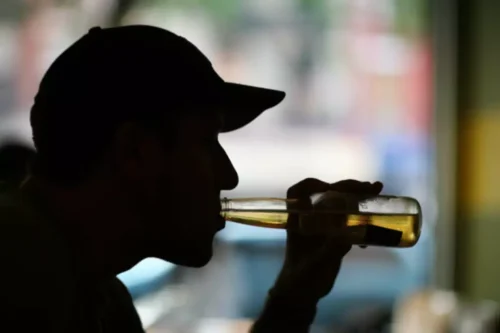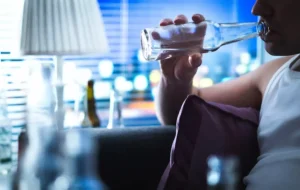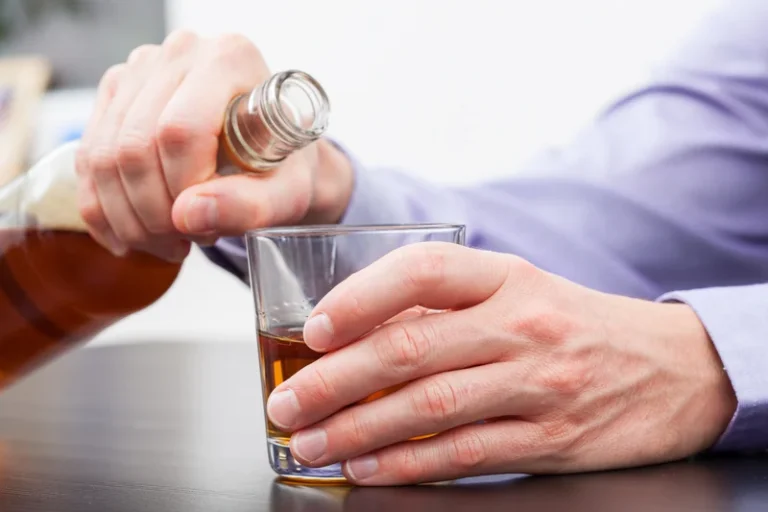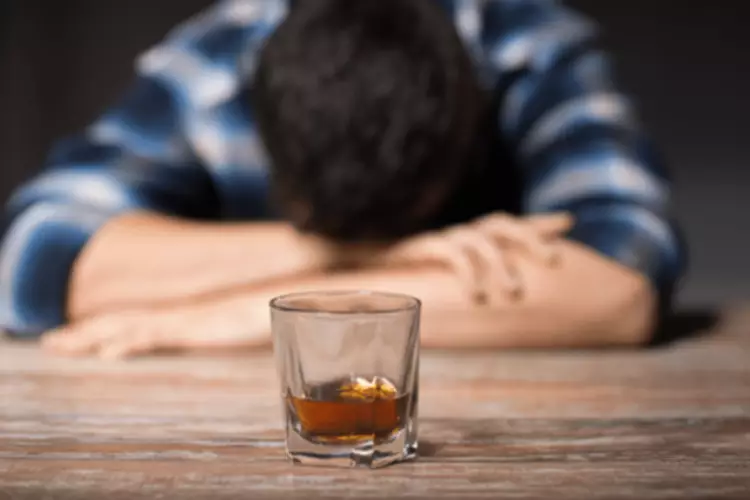
Your alcohol-induced anxiety levels have likely stabilized, too. Your sleep cycle is continuing to improve, so you’re getting even more REM sleep and feeling more rested. Your body’s systems bounce back over time, but after about 30 days, you’ll start seeing a difference.

Substance Abuse Treatment Programs

With self-awareness, you’ll be better equipped to understand and address your habits. By implementing these strategies, you can effectively manage boredom and negative emotions without turning to alcohol, improving your overall https://ecosoberhouse.com/ mental health and well-being. In the process, you will also learn to balance positive and negative emotions, leading to a more stable emotional state. However, feeling bored without alcohol isn’t actually a bad thing.
What Alcohol Does to Your Brain
To combat this, identify triggers, stay hydrated, choose healthy snacks, and engage in fulfilling activities or hobbies. Developing new interests and managing stress effectively can help break the cycle of boredom eating. Boredom is a big danger area when we’re trying to quit. When drinking becomes habitual, it eventually becomes the default choice, maybe the only choice. Getting pissed is the default choice when we’re feeling happy, sad, tired, bored, grumpy, angry, or bored. When we’re bored, the first thing that pops into our minds to alleviate the boredom is alcohol.
Start Recovery Today
Relationships between boredom proneness, mindfulness, anxiety, depression, and substance use. Another important aspect of the framework is that “engaging” with an activity can mean different things depending on our specific goal at the time. A relaxing solo activity like reading a book could be highly engaging if your current goal is to unwind, but very boring if your goal is to interact with other people.
Unlike other uncomfortable emotions like sadness or anger, boredom signals a specific need for more engaging or meaningful activities. When we’ve quit drinking, alcohol is no longer a choice. It cannot be part of our decision making process any more. When we get bored, drinking is not one of the options we have to relieve that boredom.

To overcome the power of boredom, a person must become more active in their recovery. Fortunately, there are many things you can do to overcome boredom in sobriety. Boredom can be problematic for anyone, but for people in addiction recovery, boredom can be dangerous. Being bored in addiction recovery can result in a number of regretful decisions as people search for entertainment, excitement and feelings of connection. Boredom is a common aspect of addiction recovery, especially in the earliest stages, because of the impact of alcohol and other drugs in the brain. A person using substances exposes their brain to tremendous amounts of brain chemicals called neurotransmitters.
- From addiction treatment to aftercare and alums programs to weekly events and meetings, we are committed to helping you every step of the way.
- By developing self-awareness and reflecting on your emotions and thought patterns, you can uncover the triggers for boredom drinking and take proactive steps to address them.
- If your strategy to drink less didn’t work, don’t regret or give in to guilt.
- Our brains like efficiency, so it takes note of the experience.
[Podcast] Episode 7: The Woman Changing How the World Sees Non-Alcoholic Drinks with Victoria Watters
This suggests being aware of our goals and choosing activities that match them could be a good strategy to reduce the chance of getting bored. Even when we have no choice about what activity we have to do, there might be a way to make it feel more meaningful. When you experience GABA withdrawal, you feel things like intense anxiety, moodiness, and intrusive thoughts. It’s why some people suffer “hangxiety” after a night of heavy drinking. What sort of person are we becoming, given the ways we use alcohol? What sort of habits are we cultivating by our use of alcohol?
- It’s hard to think of a more passive activity than lying on a couch with a six-pack of beer.
- “Giving your body six months of water absorption will improve your digestion and constipation,” says Dr. Mosquera.
- Our brains don’t like imbalance and will work very hard to correct it.
- Of course, not every new activity will spark a positive reaction, so it’s important to not give up and continue to experiment if the first attempt falls flat.
- If our body perceives a harmless situation as dangerous, we start to experience increased levels of stress and anxiety.
You decide to crack open a bottle of wine and scroll on your phone, maybe message some people you haven’t spoken to in a while, just passing the time. Given the above study findings, many of us are not following his advice. drinking because of boredom So now comes the arduous task of learning how to manage the tough stuff without a chemical crutch like alcohol. It’s likely your doctor will order some bloodwork, which can be the start of your path to physical recovery.
Can Alcohol Cause Constipation?
Not exactly, but it can make you feel better, which has a ripple effect on whether or not you enjoy your life. Volunteering is a great way to reconnect with your community. Helping others actually boosts our own mental health and feelings of self-worth. Plus, it helps us with our emotional sobriety and wellness. On the one hand, you have no idea what you’re supposed to do with yourself. A lot of people don’t feel good when they first get sober, so it’s totally understandable if your feelings are all over the place.




